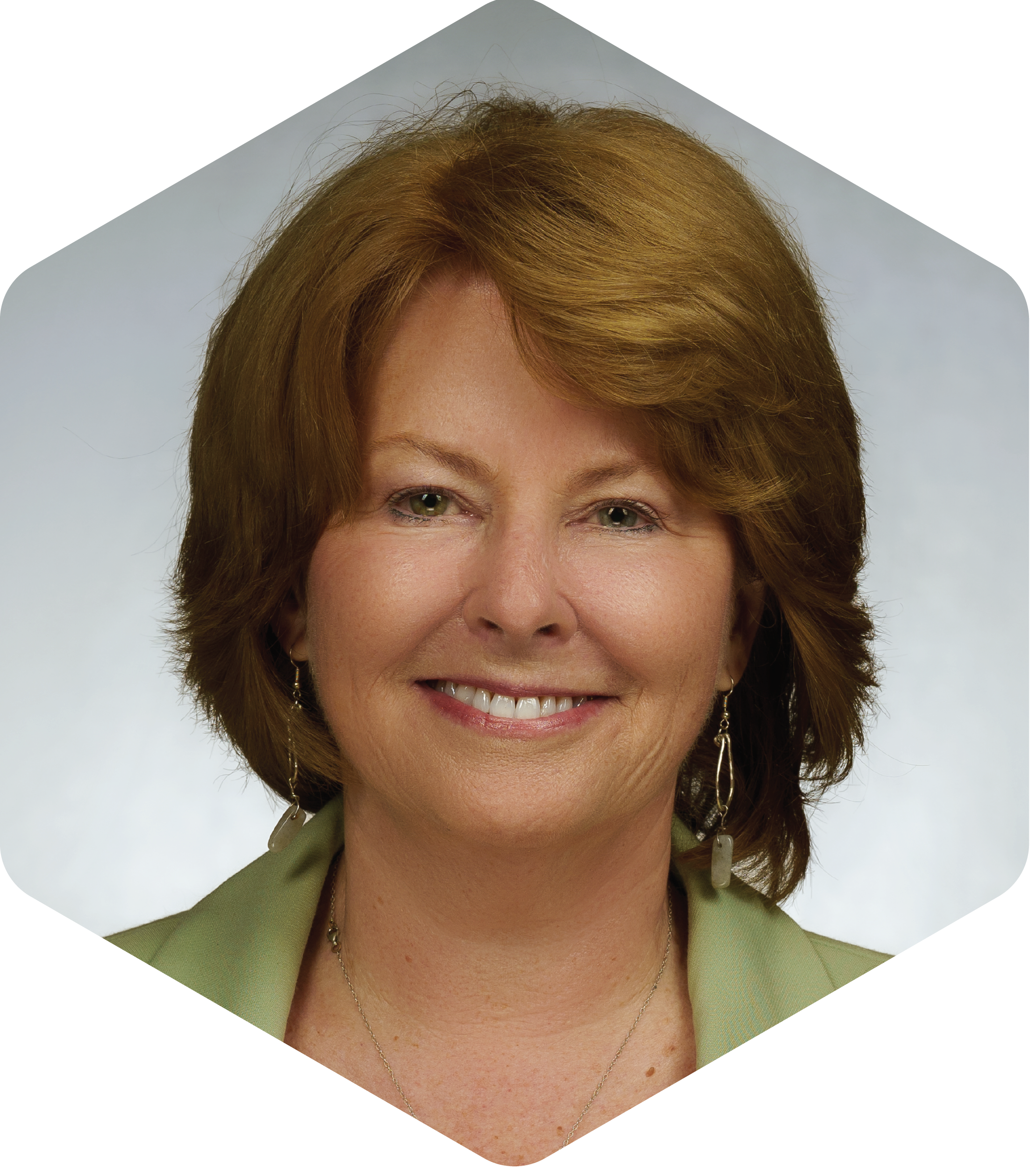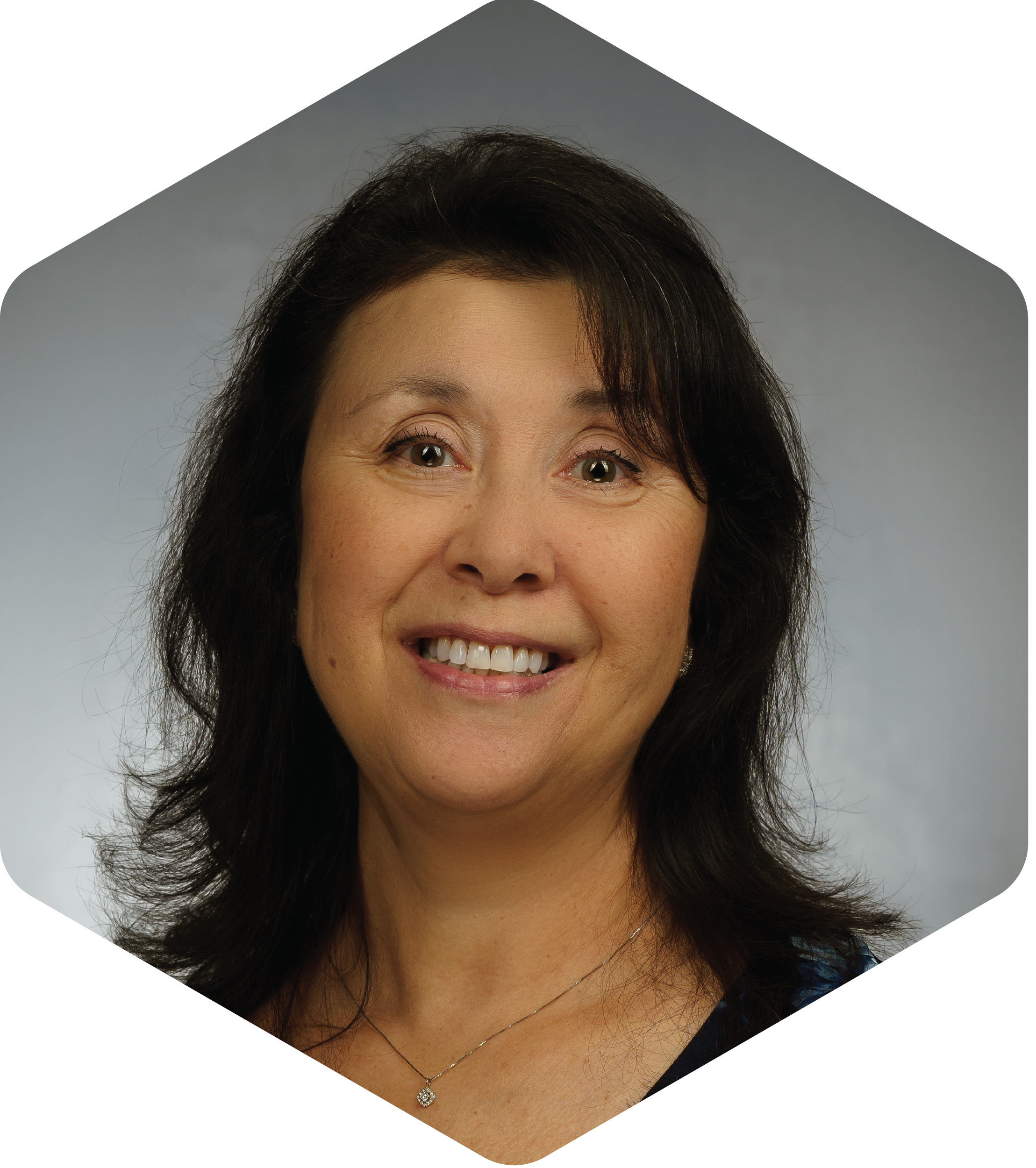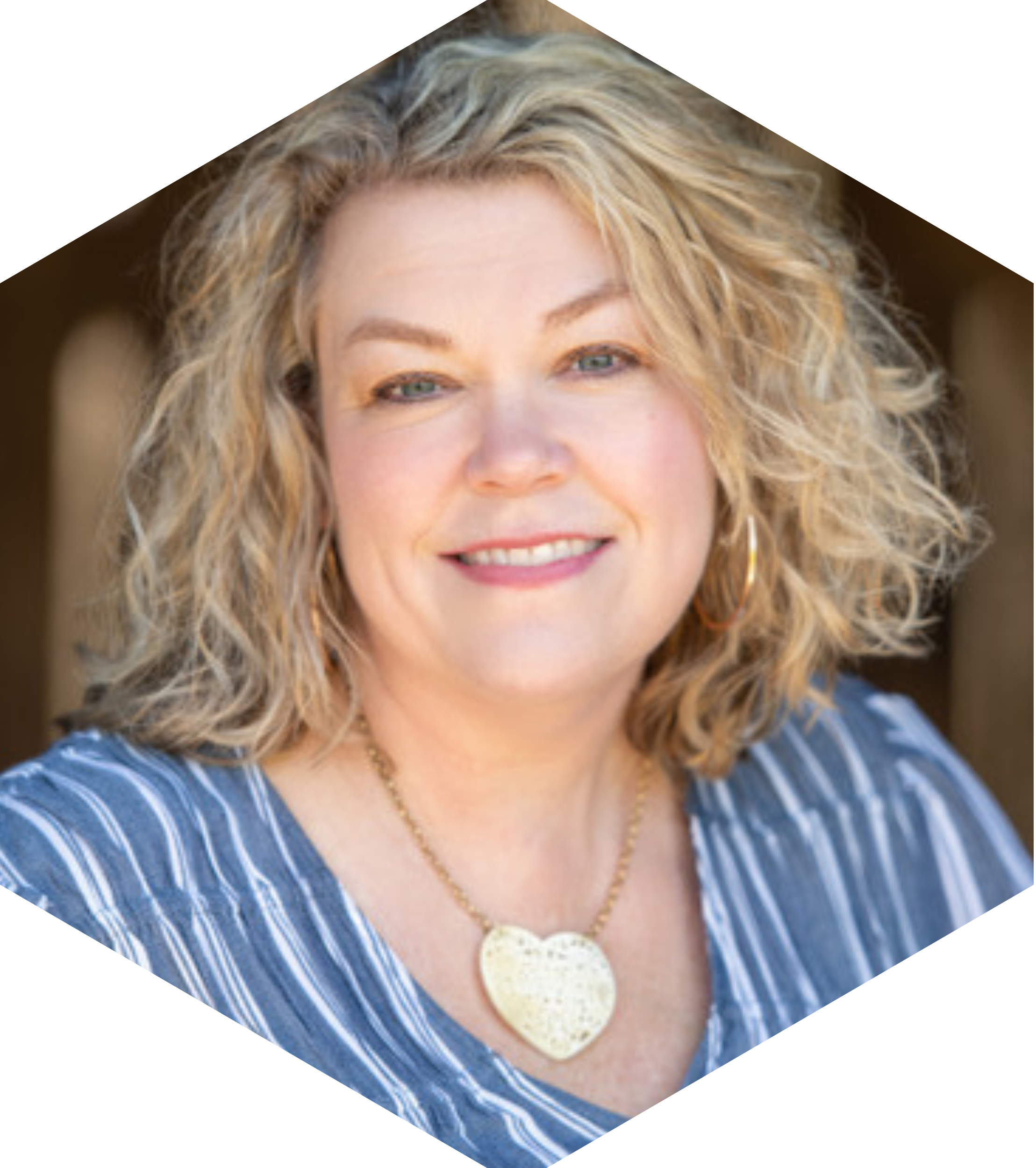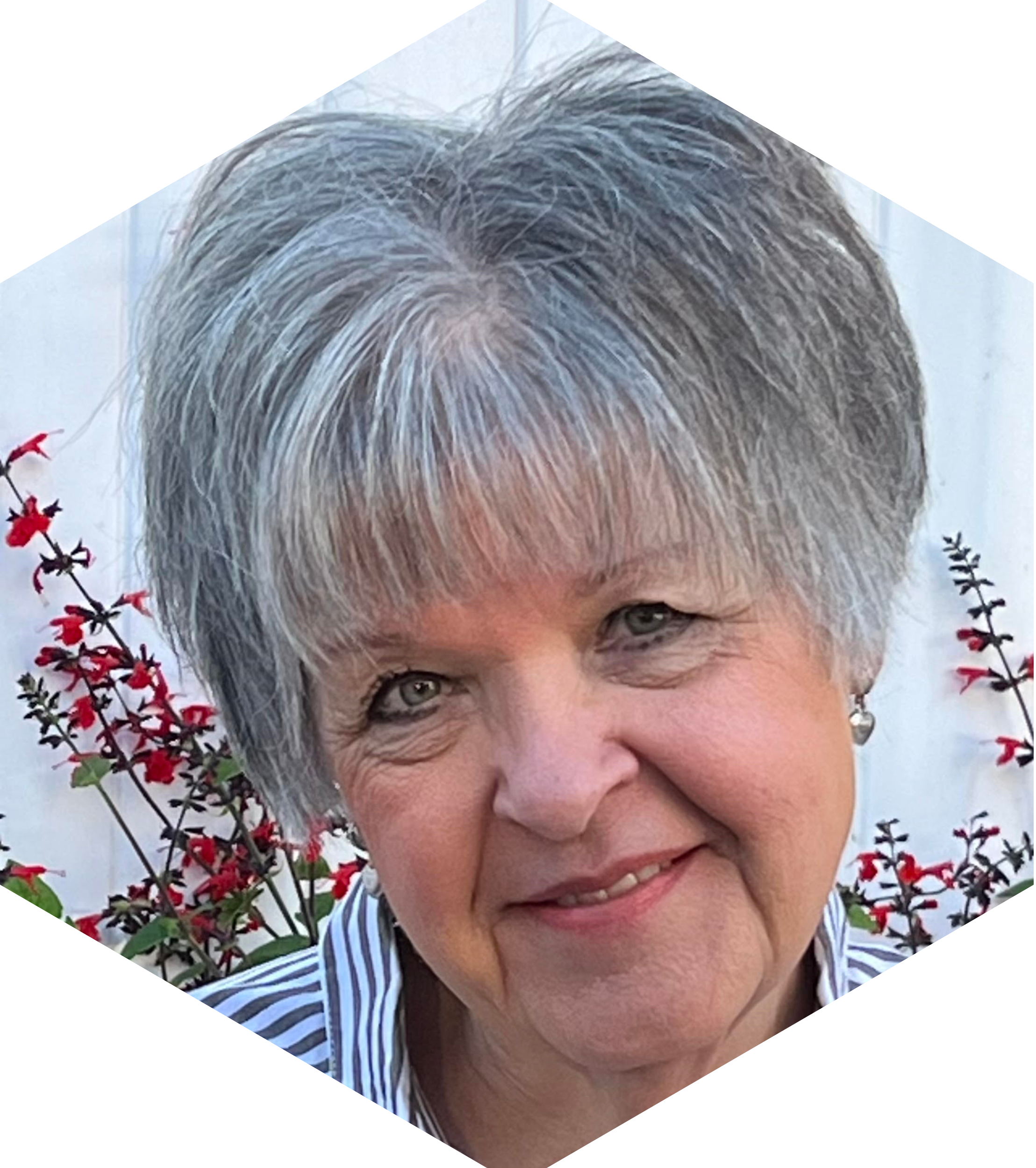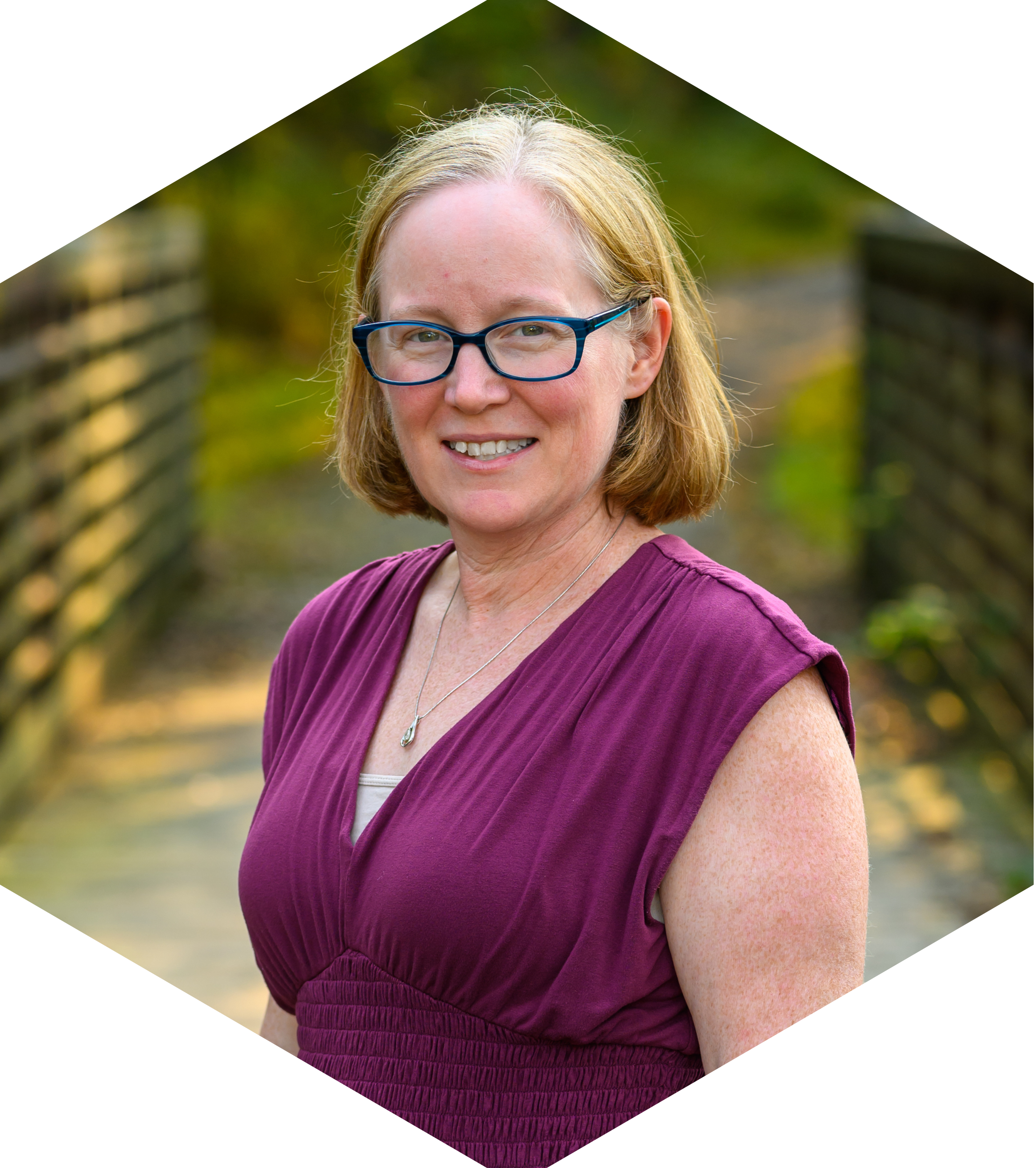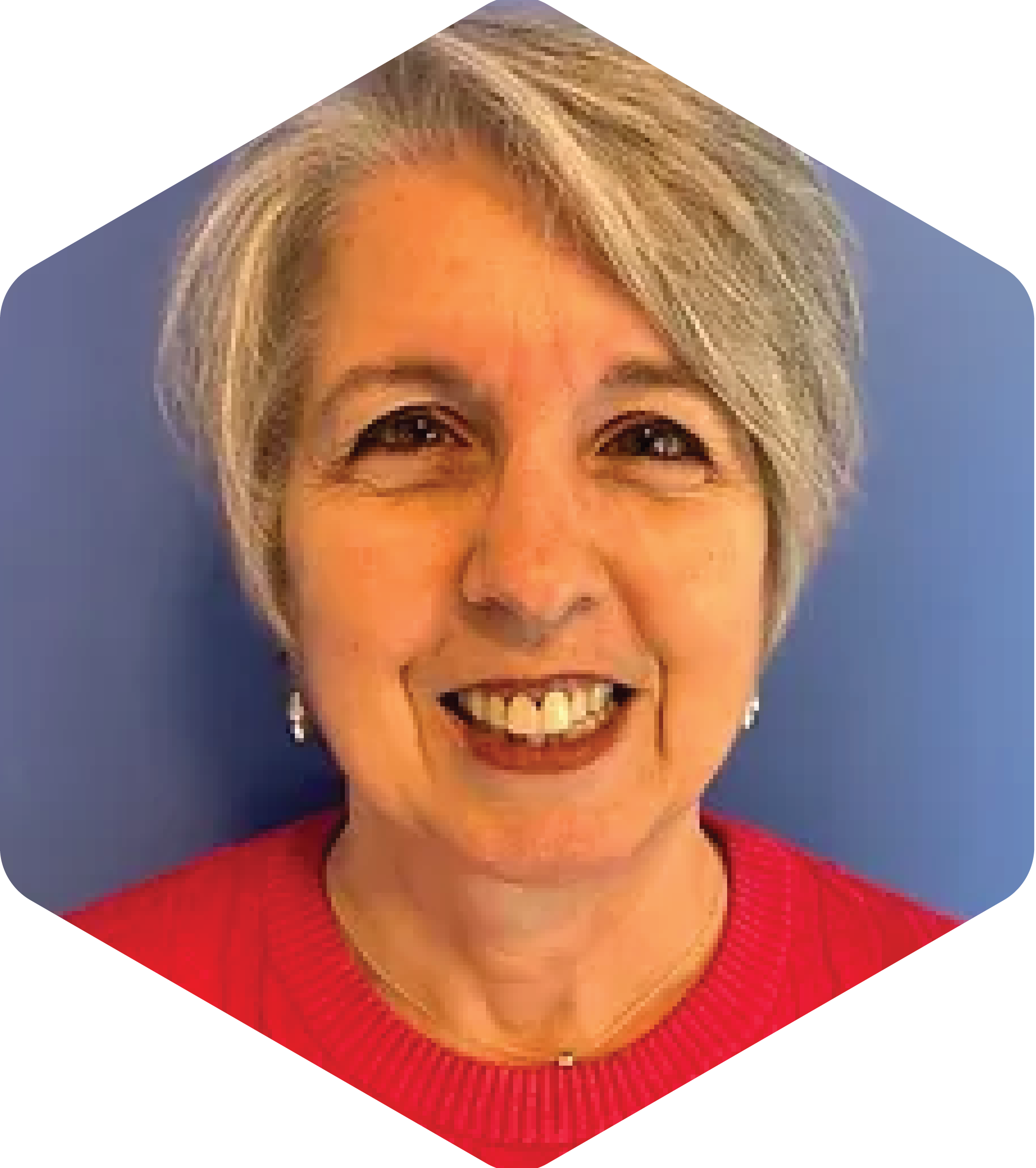
Who We Are

The Maryland Coalition for Inclusive Education, Inc. (MCIE) is a nonprofit organization dedicated to advancing the success of all children and youth in their school communities. Our mission is to be the catalyst for the meaningful and successful inclusion of all students in their neighborhood or choice schools.
What We Do
For over 30 years, MCIE has worked with educators, from individual learner planning teams and teacher coaching to administrator consultation and school-wide transformation.
- We have developed coursework for various customized learning opportunities and worked systemically with school districts to strategically plan to support educators, families, and learners in the school community to proactively embrace and teach each and every child who belongs to them.
- Our work with states, districts, and schools has taken us to Arkansas, California, Connecticut, Delaware, Illinois, Maryland, Mississippi, Nebraska, Nevada, Oklahoma, Virginia, Washington, and West Virginia.
- Our international work has taken us to Eastern Europe and Asia.
- MCIE is recognized as an international expert in promoting inclusive practices.
We cannot focus on only one group of learners when we talk about inclusion: we look at the inequities and gaps in opportunity and outcomes for all. We ask who is not present, who does not feel like they have a sense of belonging, who is removed, who is not engaged, and who is not accessing all of the social and academic opportunities available.
District-Wide Systems Change and School Transformation
When a district identifies the need to change its practices to increase learning and graduation, increase meaningful participation in general education classes, and decrease suspensions and dropout rates, MCIE has a process for supporting administrators in leading the change process.
Professional Learning and Coaching
Our educators come to districts with very diverse preparation experiences. MCIE has designed workshops and courses that can be customized to the unique context of your district or school. We work with grade-level and instructional teams to implement effective and evidence-based practices.
Customized Learner Planning
When a team is challenged to figure out how to support a child or youth as a successful member of the school community, MCIE has tools and methods to design supports and strategies to prevent exclusion and promote inclusion. Meetings usually begin with the family as a member of the team, followed by customized tools for action planning.
Why We Do It
We believe that schools should be a place of belonging for every learner. We know that many administrators and educators want to include children who have been historically taught separately form their peers. We trust that educators want to be successful in teaching all children in their school community to learn grade level skills, to interact socially with their peers, and ultimately leave school prepared to enjoy and contribute to the larger community.
However, many educators have not been prepared to adapt instruction or have not experienced success including the variety of children who live in their school’s community. We support administrators and educators to improve their instructional practices. When school practices change, mindsets also change, and inclusive cultures develop.
- Including English learners in the classroom can support the development of literacy skills as well as knowledge of the academic content of the grade level.
- Including children with disabilities results in better learning and improved outcomes for all. Research shows increases in language development, literacy skills, mathematics performance, social relationships, and overall engagement in learning.
- School connectedness is a significant factor to offset the adverse consequences for children who experience trauma. When school leaders intentionally implement trauma-sensitive practices, student well-being and academic achievement increase.
- Black boys are at risk for inequities in opportunity and outcomes; when educators examine their own instructional practices, ensure high expectations, rigorous academic challenges, culturally relevant approaches to learning, and supportive adult relationships, academic success increases, and disciplinary removals decrease.
- Elevating student voice provides an authentic opportunity for learners to be “heard” and provides a direct connection to increase student engagement and participation in their own learning.
- For children with disabilities, the Individuals with Disabilities Education Act clearly states that all learners shoud be educated in the school and class they would attend if not disabled.
- IDEA mandates that schools NOT remove a child because they need modifications to the curriculum. While children may be removed for destructive or unsafe behavior, an inclusive mindset plans for that child to acquire the skills to learn alongside their peers.
- The IDEA statute says: Almost 30 years of research and experience has demonstrated that the education of children with disabilities can be made more effective by:
- “having high expectations for such children and ensuring their access to the general education curriculum in the regular classroom”
- “providing appropriate special education and related services, and aids and supports in the regular classroom, to such children, whenever appropriate.
- It also reminds us that special education is a service for such children rather than a place where such children are sent.
- Children who take the alternate assessment are NOT required to be removed from general education or taught in a separate class with a separate curriculum. Rather, general education lessons are modified to enable children to learn alternate standards aligned with their grade level.
- For children who have experienced trauma, their invisible emotional and psychological wounds may result in differences in their thinking, learning, and actions. Being taught in a welcoming general education class with their peers with support for positive social relationships builds resilience. These children need inclusion not exclusion.
- For children from cultures outside of the U.S. or from another region of the U.S. or who do not speak English as a first language, culturally responsive instruction is important. This empowers children intellectually, socially, and emotionally by reducing social barriers that cause disparities in achievement. Teachers can take critical steps to create a sense of belonging by connecting with families and learning strategies that promote success.
- There are strategies that teachers can use to create a supportive culture and climate for learning in a racially diverse The benefits of racial diversity (improvement in cognitive skills and critical thinking, promoting creativity) result when teachers intentionally acknowledge and support a culturally diverse classroom.
- Diverse classes are not limited to children of varying ability, race, or language; children may come from different religions, economic status, sexual orientation, or gender identity – and they may experience bullying, isolation, and inequities in instruction. Fostering inclusion benefits all children and will increase their social and academic outcomes.
Meet Our Staff
Advocating for authentic inclusion, facilitating educator learning, fostering change, and supporting educator implementation of inclusive practices

Our Dedicated Board of Directors
Representing families, business, higher education, legal rights, and self-advocates
Brill Consulting LLC
Washington, DC
SEEC
Maryland
University of New Hampshire
New Hampshire
Disability Rights Maryland
Maryland
Innovating for Justice, LLC
Pennsylvania
RIC Sherlock Center
Rhode Island
Maryland Department of Disabilities
Maryland
Founder
Universal Crossings, LLC
Wisconsin


